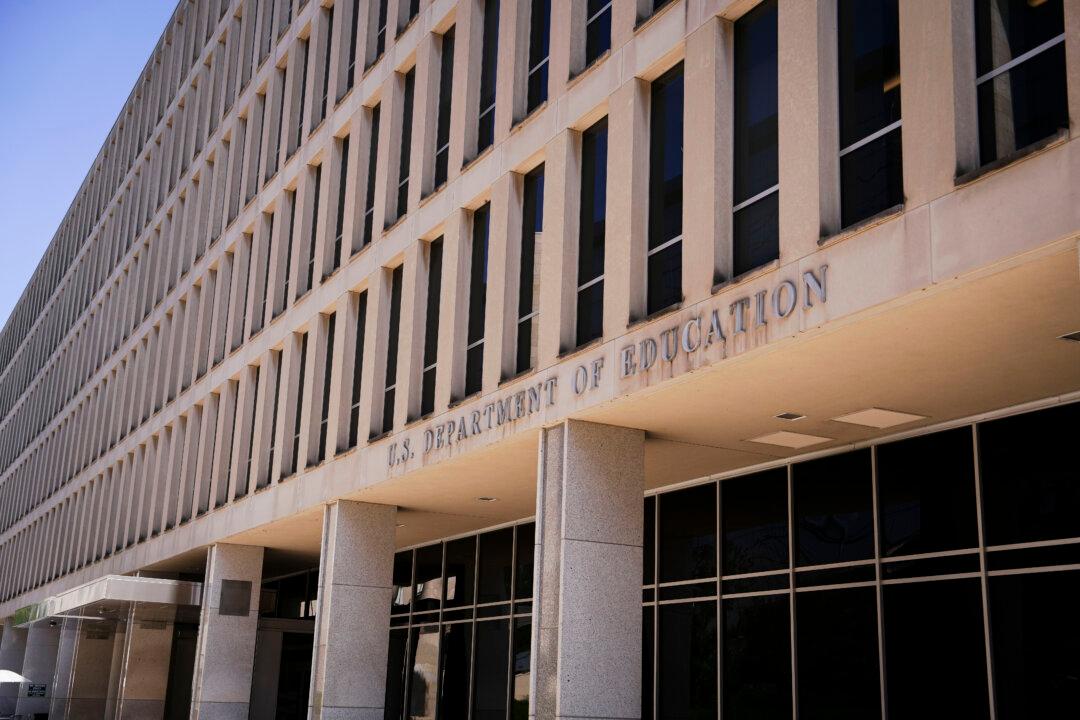The Biden administration’s latest student loan forgiveness plan can now proceed, after a federal judge declined to renew a temporary restraining order that had blocked the program. The judge also dismissed part of the lawsuit challenging the initiative in Georgia and transferred the case to Missouri.
U.S. District Judge J. Randal Hall, who issued the initial restraining order on Sept. 5, preventing the Department of Education from implementing the student loan forgiveness plan, issued an order on Oct. 2 that does not extend the freeze past its scheduled Oct. 3 expiration date.





